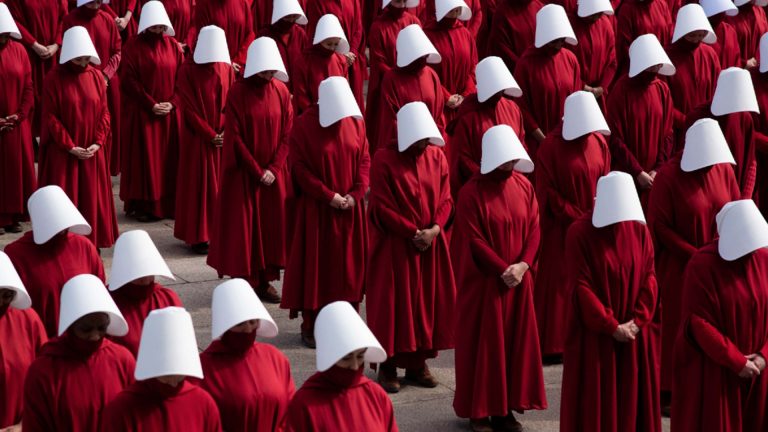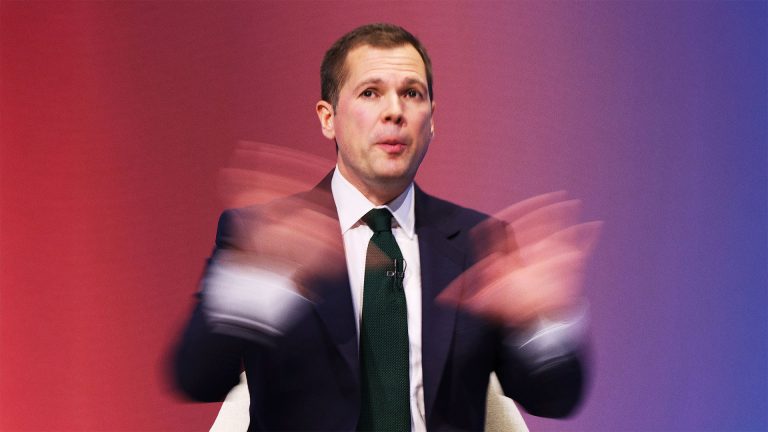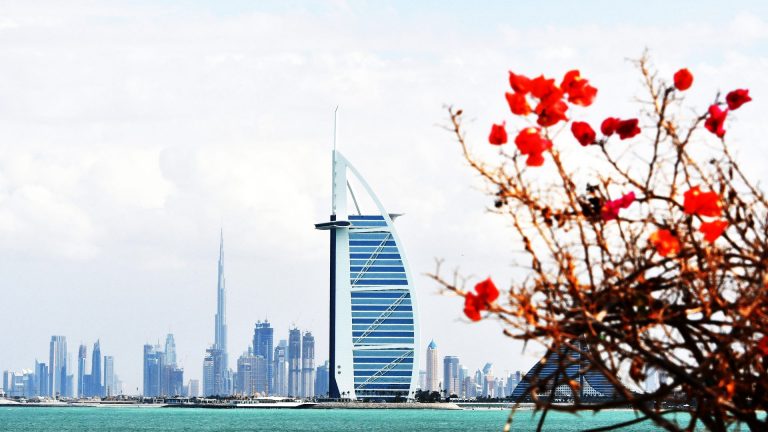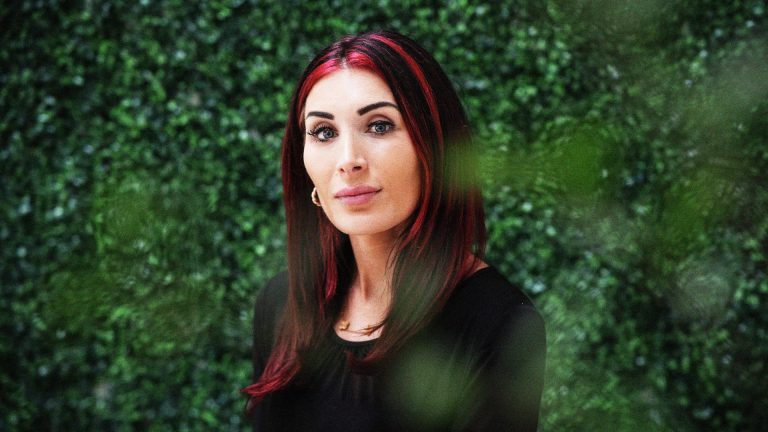The first rule of economic journalism is “don’t read too much into one month’s figures”. It really should be “don’t read anything into one month’s figures”. This is because economics is a long-term project and data can be distorted in the short term by numerous factors, including statistical errors and one-offs.
Therefore changing your economic policies because of one set of bad (or good) figures is madness, although at the moment this isn’t stopping every right-wing rag calling for Rachel Reeves’s head the second the pound falls. Equally, the fact that this week saw inflation figures that were slightly better than expected or the fact that the economy managed to grown by 0.1% in November does not mean that Labour is out of the woods, let alone that we have turned a corner and are now headed painlessly to a sustained period of high growth.
However, some things which have not really caught the eye mean that for all the talk of austerity and the dampening of spirits, the average Brit is actually doing slightly better than expected.
The main factor is the difference between the rate of inflation and average earnings. It may not have felt like it, but in the year to April 2024 average earnings in this country rose by 2.9% more than inflation. This means the average worker was almost 3% better off.
Now that did come after a period of high inflation during which wages failed to keep pace, so it is hardly surprising that most people, who were just recovering lost ground, did not feel like splashing out. But it happened nonetheless.
This trend also seems to be continuing. The latest average earnings figures for the three months to October show wages growing at 2.2% more than prices, and with inflation continuing to fall over the medium term that trend seems set to continue.
The chancellor’s decision to increase employers’ National Insurance contributions may have been unpopular with bosses, has certainly dented their profits, and will probably be passed on in higher prices, but it was not a direct tax on employee wages or their spending power. It would have been far worse to have increased income tax or NI, or VAT.
It was certainly a mistake by Reeves and Keir Starmer to wait so long and to sound so depressed after winning the general election – a short sharp budget within weeks would have been painful but at least it wouldn’t have dragged out the fear and doubt for months.
But even so, all the talk of an economic emergency and a borrowing crisis has been overdone. That is not to say that taxes don’t need to or should not rise further – we are still trying to run a European-style state with taxes far lower than the rest of Europe – but for the moment people should on the whole be feeling a bit better off every month.
House price inflation, which should be seen as a curse, is in this country at least seen as a blessing that makes people feel better off and cheers their spirits. It is now rising again with an average increase of over 3% a year, according to the government and 4.7% according to the Nationwide Building Society’s well-regarded survey.
The end of a stamp duty holiday may hit that trend but then lower interest rates will help it as mortgage rates fall. As interest rates are still expected to fall significantly this year, it therefore seems unlikely that house price inflation will end anytime soon.
This is not some golden scenario, now is not the time for the chancellor to relax. All this will just provide the government with breathing room so that it can reform the economy and try to boost long-term growth.
But with longer days and better weather on the way, more money to spend, lower borrowing costs and house prices on the rise, we might begin to think that the future looks just a little brighter.











